Rehabilitation was founded on the philosophy that every individual has equal and full rights to be in charge of their health along with their complete inherent worth. It’s founded on the philosophy that every person is viewed as a unique, comprehensive and holistic entity. Simply put, this means that successful rehabilitation is tailored to the individual – there’s no ‘one size fits all’ approach. This means that the rehabilitation team is responsible for providing all the essential knowledge, training, and skills to their patients to help them reach their rehabilitation goals. This article highlights the 4 main principles of rehabilitation and explains the necessity of goal-setting to make rehabilitation successful.
Time
Broadly, time is important in rehabilitation. Studies show that starting the rehabilitation process early can reduce the risk of readmission for conditions like spinal cord injury, stroke, chronic obstructive pulmonary diseases, and more. Since they treat the patient as an individual entity, the timeline will differ from case to case. So, the right times for commencement and duration of treatment need to be considered and tailored to each case.
Educate
As with most processes, rehabilitation is not a quick-fix which means proper education and guidelines should always be provided to the patient and their support system in each case. This is so they’re prepared for the journey ahead and the people around them know how best to support them. It’s also important to work with them and their expectations so you can set SMART goals that reflect this. Ensuring patients are fully informed and educated on the process allows them to feel a sense of control over their health which can improve morale, make them feel more independent and keep the rehabilitation process centred around the patient.
Emphasize abilities
Rehabilitation provides patients with a more optimistic approach to their treatment, which is so important, especially in patients who have suffered multiple health-related setbacks. It’s all about what they can gain as opposed to what they’ve lost. Having clear and focused SMART goals can help keep patients focused on how their lives will improve instead of dwelling on what they’ve lost from their illness or injury.
Treat the whole person.
Rehabilitation goal management takes a holistic approach and focuses on the particular issues a patient is facing. It ensures focus is kept on treating the person and not the disease. It takes into account a person’s preferences, culture, plans, religious beliefs, background, physical abilities, psychological states, social support and more. This ensures that the rehabilitation team can give them the best possible care for them as an individual.
Why is setting goals important?
Rehabilitation is a long and complex process that changes from patient to patient; it takes a village! Therefore, having clear and structured goals can help improve patient mindset, enable loved ones to know what support to give and allow the rehabilitation team to know what parts they play.
This can be so stressful for healthcare professionals, especially when consulting across multiple departments. We understand this and that’s why we created Goal Manager. It’s the gold-standard in goal setting and makes these processes so much easier and secure.
If you have any further concerns regarding rehabilitation and the goal management software, make sure to connect with Goal Manager as their experts are always there to help you along the way! You can also download a free demo here.
If you found this article helpful, make sure to share it with someone else you think it could benefit.
 - Our new brand is launching soon - Stay tuned for a fresh look and enhanced
experience!
- Our new brand is launching soon - Stay tuned for a fresh look and enhanced
experience!
